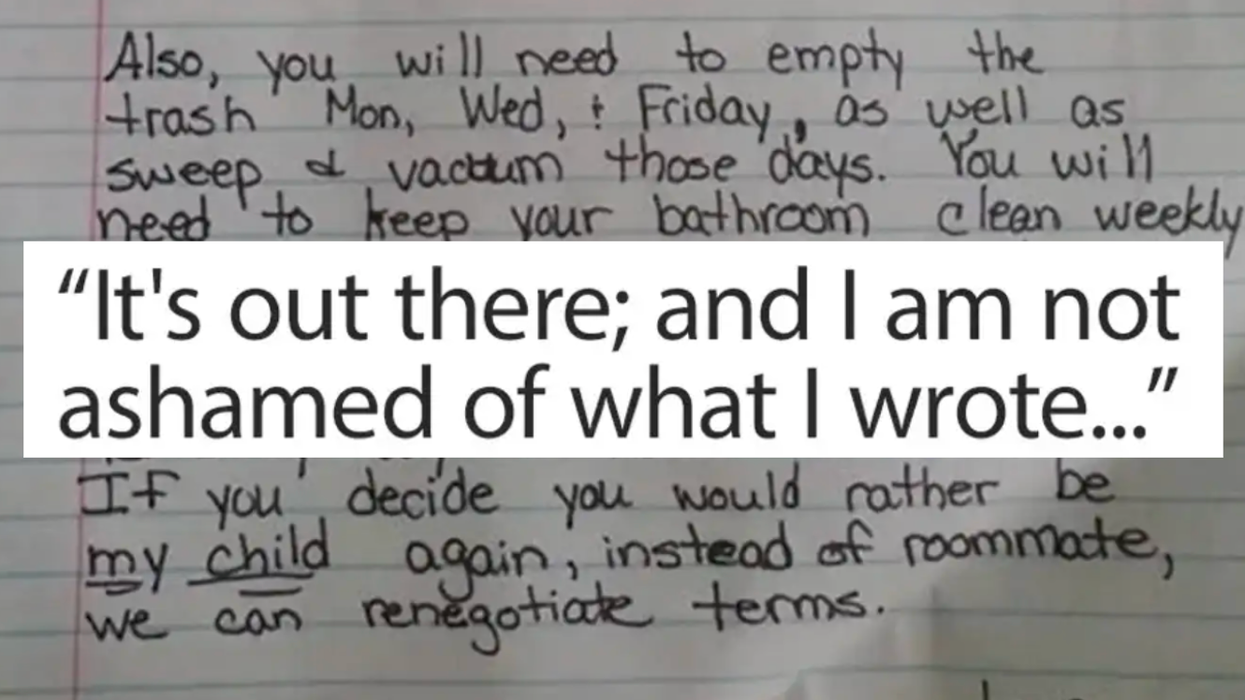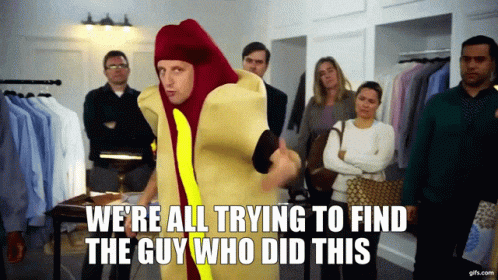In a move that will forever alter America’s sports landscape, the Supreme Court has overturned the Professional and Amateur Sports Protection Act (PASPA), allowing individual states to permit gambling on sporting events.
The handful of states that had previously made sports gambling legal — Nevada, Oregon, Delaware, and Montana — were exempted from the act when it went into effect in 1992.
“Today’s decision clears the way for all states to make their own decisions about legalizing sports betting, and in one fell swoop gets rid of Nevada’s monopoly on the subject and the 1992 federal statute that had protected it,” Steve Vladeck, Supreme Court analyst and professor of law at the University of Texas School of Law, told CNN.
While some sports fans can cheer about being allowed to bet on games without having to do so on the so-called black market, the U.S.’s largest professional and collegiate sports leagues are worried about the potential downsides of lifting the ban.
“Our most important priority is protecting the integrity of our games,” the MLB said in a statement. “We will continue to support legislation that creates air-tight coordination and partnerships between the state, the casino operators and the governing bodies in sports toward that goal.”
NBA commissioner Adam Silver pushed for a lift on the gambling ban in the past and now hopes states will be consistent with one another in how they proceed.
“Today’s decision by the Supreme Court opens the door for states to pass laws legalizing sports betting,” said Silver in a statement. “We remain in favor of a federal framework that would provide a uniform approach to sports gambling in states that choose to permit it, but we will remain active in ongoing discussions with state legislatures. Regardless of the particulars of any future sports betting law, the integrity of our game remains our highest priority.”
The NFL hopes that Congress will enact laws to regulate sports gambling on a federal level.
“Congress has long recognized the potential harms posed by sports betting to the integrity of sporting contests and the public confidence in these events,” the NFL said in a statement. “Given that history, we intend to call on Congress again, this time to enact a core regulatory framework for legalized sports betting. We also will work closely with our clubs to ensure that any state efforts that move forward in the meantime protect our fans and the integrity of our game.”
The National Collegiate Athletic Association (NCAA) was a staunch supporter of the federal prohibition on sports gambling. It has lobbied states to exclude college sports in the event that PASPA was overturned. While schools and the NCAA stand to profit from the lift of the gambling ban, it gives college athletes another compelling reason to demand fair compensation for their talents.
“Today the United States Supreme Court issued a clear decision that PASPA is unconstitutional, reversing the lower courts that held otherwise,” NCAA’s chief legal officer Donald Remy said in a statement. “While we are still reviewing the decision to understand the overall implications to college sports, we will adjust sports wagering and championship policies to align with the direction from the court.”
If Congress fails to pass any legislation that regulates sports gambling on a federal level, states can move quickly to create their own policies. New Jersey and Delaware are both poised to take advantage of the PASPA overturn and could have sports betting windows open shortly.
According to a 2017 report from Eilers & Krejcik Gaming, as many as 32 states could offer legal sports betting within the next five years.


















 A real estate agent talks with a young coupleCanva
A real estate agent talks with a young coupleCanva A frustrated school teacher takes a breakCanva
A frustrated school teacher takes a breakCanva A young girl plays around in her messy roomCanva
A young girl plays around in her messy roomCanva
 Image of the floral dress with the risque images circled
Image of the floral dress with the risque images circled  Gif of Tim Robinson via
Gif of Tim Robinson via 


 Gif of Kaitlin Olson saying "Because I said so ... that's why" via
Gif of Kaitlin Olson saying "Because I said so ... that's why" via 

 A hand holds several lottery ticketsCanva
A hand holds several lottery ticketsCanva "Simpsons" gif of newscaster winning the lotto via
"Simpsons" gif of newscaster winning the lotto via